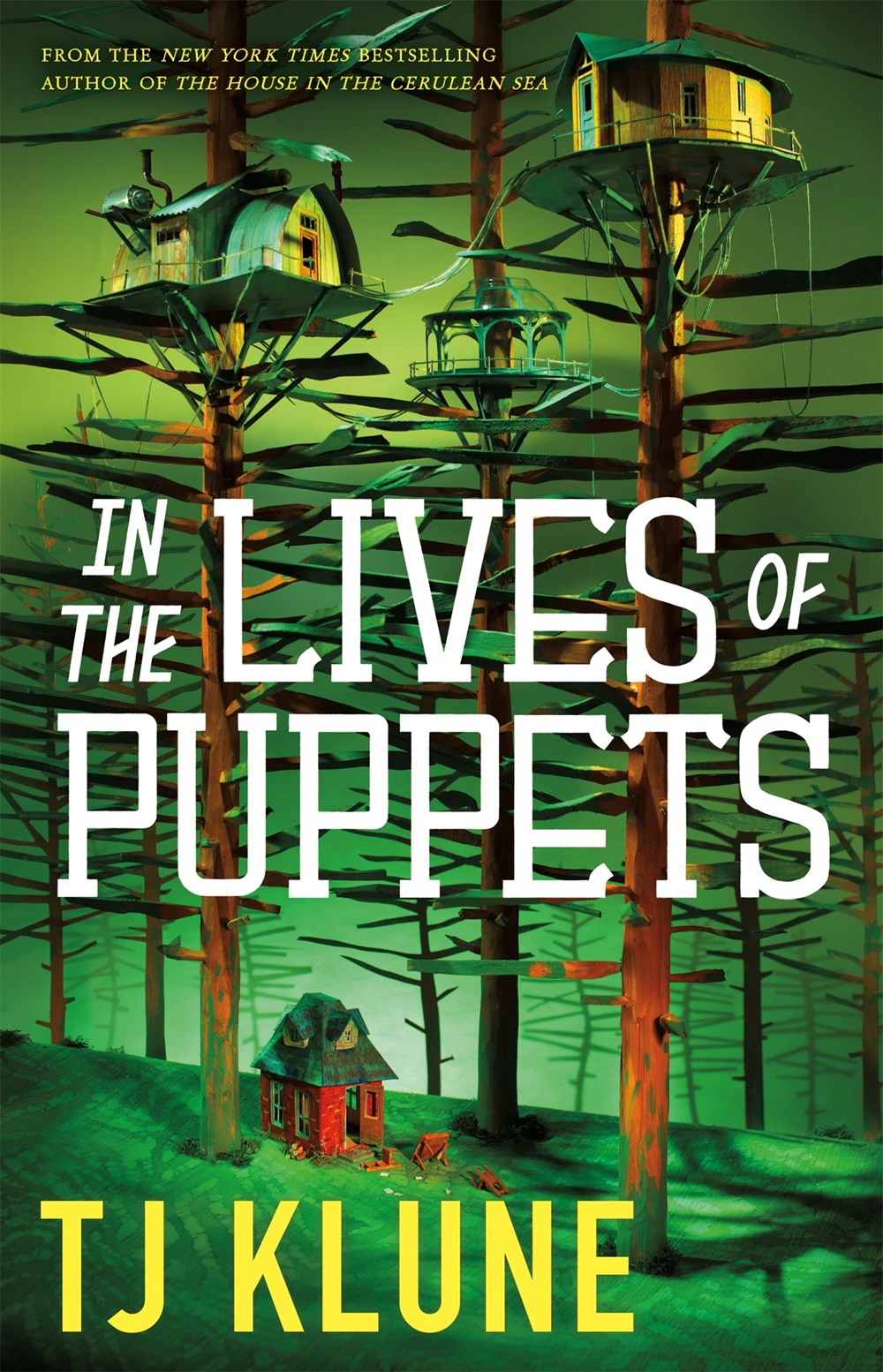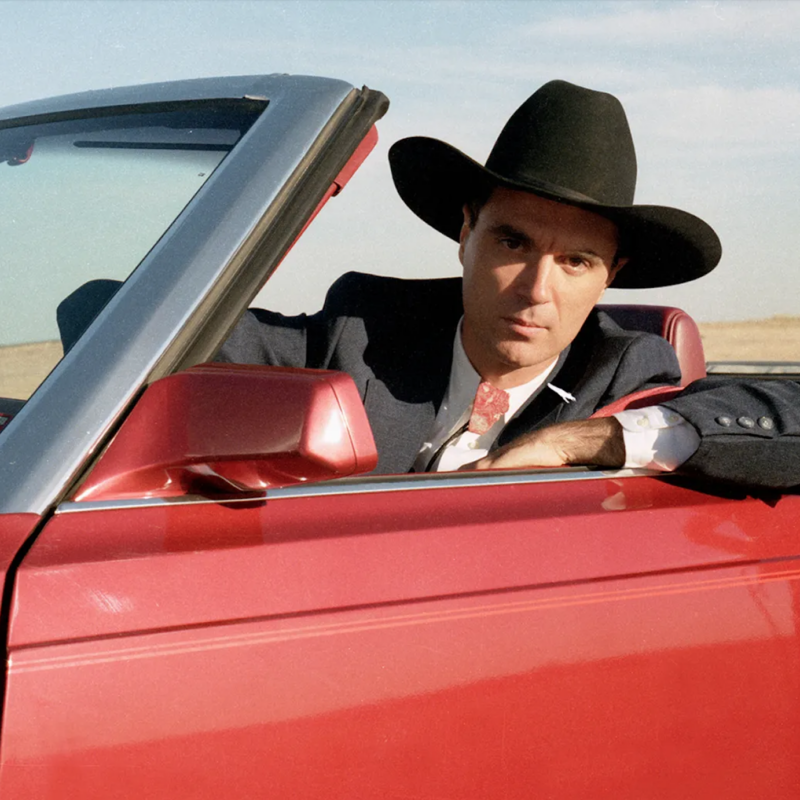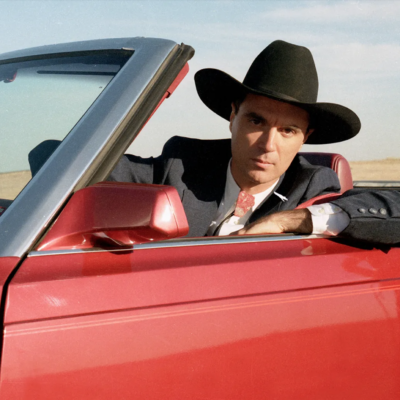The latest book by novelist TJ Klune features a cast of robots who love to garden, make sex jokes, listen to Miles Davis, and watch Fred Astaire and Ginger Rogers. From more familiar robots, like a loyal vacuum cleaner named Rambo and a sadistic robot health professional named Nurse Ratched, to extremely futuristic robotic killing machines and ethereal artificially intelligent entities, In the Lives of Puppets’ non-human characters explore what it means to have agency (perhaps even personhood), to grieve, and to love in this heartfelt fantasy adventure.
Led by the novel’s protagonist—an asexual human named Vic—the merry band of explorers embark on a very personal quest, which leads them outside the boundaries of their home and into the wilds. There, they encounter robot brothels, electrified roads, and floating museums, among other wonders, but also authoritarianism and genocide. In short, they discover a world where robot society is, in many ways, as human as our own, for better and worse. “We know we’re making machines and artificial intelligence that will one day surpass the need for human intervention,” says Klune. “But they will still be us, just imperfectly perfect.”

In this exploration of what it means to be human and to care for those we love, Klune builds a dazzling and detailed future world, which is a joy to inhabit as a reader, and also serves as fertile ground for expanding on the metaphorical and narrative work achieved in Carlo Collodi’s The Adventures of Pinocchio. “Speaking strictly as an American, I think most people from my country have only engaged with the character of Pinocchio from the Disney version. … Collodi’s original text doesn’t have the happy sheen the animated version does,” explains Klune. “I love the darkness fairy tales and fables have, even when teaching us lessons.”
If you haven’t read Collodi’s work, Klune’s homage to the mischievous marionette’s exploits might inspire you to do so—if for no other reason than to better understand the references to the older text embedded throughout this novel, and to appreciate the way Klune’s characters also help us, as readers, recall some fundamental lessons about being alive and living in a community. There is a wild hope infused in the book through acts of caretaking, love, and free will, and Klune is masterful at ensuring that his stories are fully human but never overly serious.
“Comedy has always come easy for me,” he says. “But as I’ve gotten older, I’ve become more and more interested in what makes people tick. Why do we do the things we do? Why are some people good, some people bad? There are kind, empathetic people and people who only know greed and malice. You turn on the news and you see people wanting the LGBTQ+ community to burn simply for existing. You go on Instagram and see people filming their dogs being absolute dorks and everyone is laughing and laughing. … Humanity is cruel, destructive and selfish. And yet, there is so much stardust inside us that it boggles the mind. I want to know why.”
A Lambda Literary Award winner and author of numerous series as well as standalone novels including The House in the Cerulean Sea and The Extraordinaries, Klune is best known for contemporary fantasy novels with nuanced queer characters who grapple with messy human emotions such as grief and anger.
“As an asexual man myself, I know how important it is to have representation that comes from a place of knowledge,” he says. “I don’t speak for every ace person; instead, it comes from my own experiences. Vic’s asexuality is but one part of his humanity, but seeing it on page, discussed, and having boundaries acknowledged and respected means the world to me. I’m not ignorant of the reach I have, and if I can use that to show people that love comes in all forms, then I’m all for it. Queer people deserve to see themselves as the heroes (and the villains!) of a story.”
In addition to providing this representation, In the Lives of Puppets revisits themes from some of Klune’s previous books, including the strength of chosen family and explorations of flaws, forgiveness, and the roles of sadness and mortality in meaning-making. Further, his writing is imbued with a strong sense of self-awareness and symbolism, encouraging the reader to inhabit the world of his characters but also to hold themselves accountable as they do so. As Vic’s father says at one point, “No civilization can survive indifference.”
“For anyone who wants my books to be just a story, they can. There’s nothing wrong with reading it that way,” says Klune. “But if people read my books and walk away thinking just a little bit differently with how they react to the people and the world around them, then that’s all right with me too. … I don’t have all the answers, but I do know this: We are more than we show ourselves to be, and if you’re not fighting for the best possible world for everyone, then what are you even doing?”






